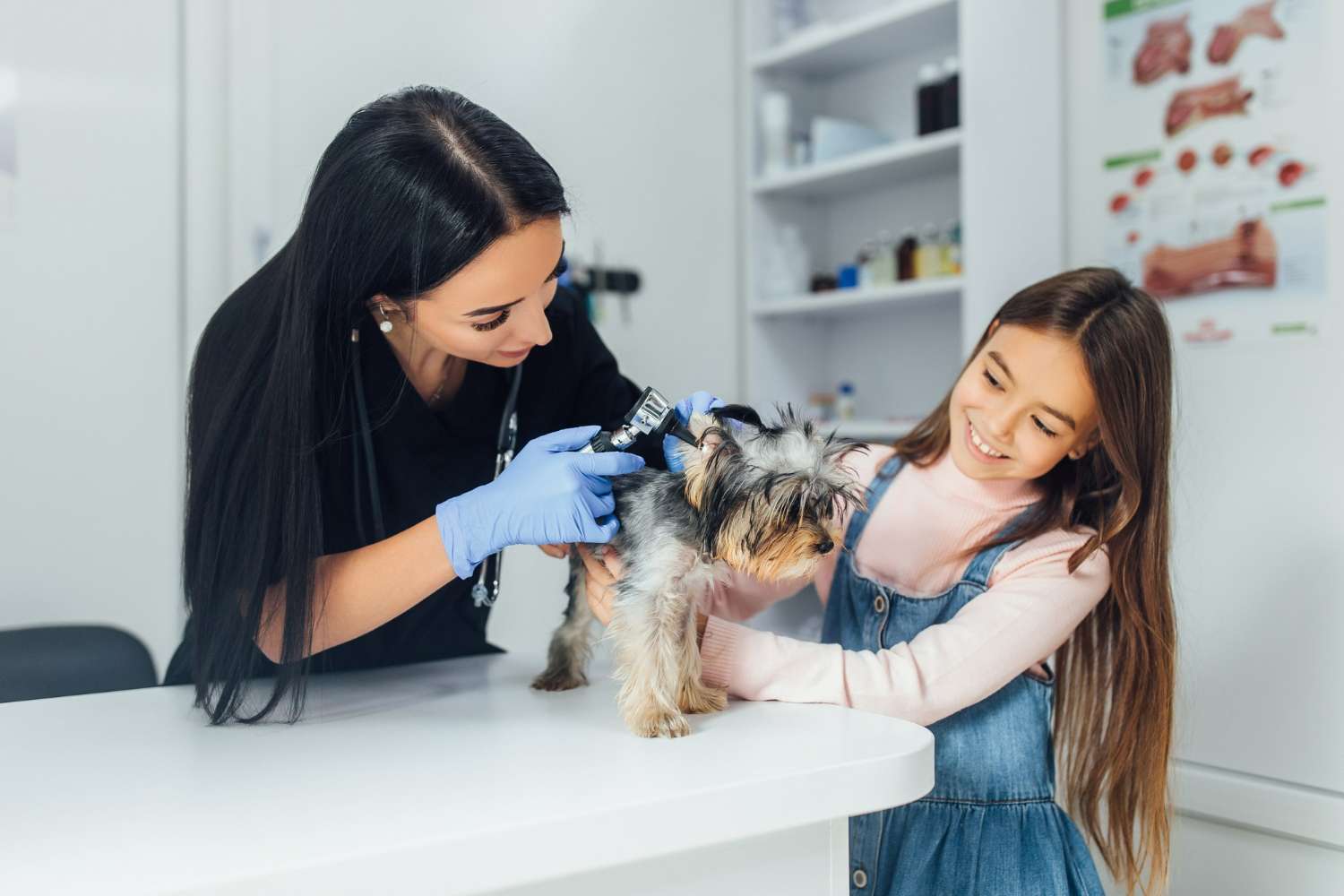Introduction
How do I take care of my pets dental health? Taking care of your pet’s dental health is important for their overall well-being. Just like humans, pets can develope dental problems that may lead to discomfort, pain, and other health issues. In this comprehensive guide, we will provide you with practicale tips and advice to help you ensure your furry friend’s oral hygiene stays in top shape.
Table of Contents
How do I take care of my pets dental health?
I. Understanding the Importance of Dental Health in pets
Good dental health impacts your pet’s overall health and longevity. Poor oral hygiene can lead to various problams, including tooth decay, gum disease, and infections. Moreover, bacteria from dental isues can enter the bloodstream and affect vital organs like the heart, liver, and kidneys.
II. Signs of Dental Problems
Recognizing signs of dental problems is crucial for early intervention. Look out for the following indicators:
Bad breath: Persistent foul breath may indicate dental issues.
Discolored or broken teeth: Teeth that are unusually discolored or fractured may require attention.
Excessive drooling: Increased saliva production can be a sign of dental problems.
Difficulty eating: Pets with dental problems may experience pain while eating or have reduced appetite.
Bleeding or inflamed gums: Rednes, swelling, or bleeding in the gums may indicate gum disease.
III. Establishing a Dental Care Routine
- Regular brushing: Brushing your pet’s teeth is the most effective way to maintain the dental health. Start by introducing your pet to tooth brushing gradually, using a pet-specific toothbrush and toothpaste. Aim for daily brushing sessions, focusing on the outer surfaces of the teeth.
- Dental-friendly diet: Feeding your pet a balanced diet with dental health in mind can help prevent tartar and plaque buildup. Consult your veterinarian for suitable dental-friendly food options.
- Dental chews and toys: Provide your pet with dental chews or toys designed to promote chewing and reduce plaque accumulation. Look for products approved by veterinary dental associations.
- Regular dental check-ups: Schedule routine dental examinations with your veterinarian to monitor your pet’s oral health and address any emerging issues promptly.
IV. Home Dental Care Techniques
- Tooth wipes or dental pads: If your pet is resistant to brushing, you can use tooth wipes or dental pads to clean their teeth and gums gently.
- Mouth rinses: Veterinary-approved mouth rinses can help control bacteria and freshen your pet’s breath. Follow the instructions carefully when using these products.
- Water additives: Consider using water additives designed to reduce plaque and bacteria levels in your pet’s mouth. Consult your veterinarian for suitable options and correct usage.
V. Professional Dental Cleanings
Routine professional dental cleanings are essential for thorough plaque and tartar removal. During these cleanings, your veterinarian will perform a comprehensive oral examination, clean your pet’s teeth, and address any underlying dental issues. Professional cleanings are typically done under general anesthesia to ensure a safe and effective procedure.
VI. Additional Tips and Precautions
- Avoid human toothpaste: Never use human tothpaste on your pet, as it contains ingredients that can be harmful if swallowed.
- Regularly inspect your pet’s mouth: Regularly check your pet’s mouth for any abnormlities, such as sores, loose teeth, or foreign objects.
- Stay consistent: Maintaining a reguler dental care routine is vital for long-term dental health. Consistency is key to preventing dental problems.
Conclusion
Caring for your pet’s dental health requires commitment and consistency. By following the guidelines outlined in this comprehensive guide, you can help your furry compenion maintain healthy teeth and gums, promoting overall well-being and a happy, healthy life. Remember to consult your veterinarian for parsonalized advice and guidance tailored to your pet’s specific needs.
FAQ
-
How often should I brush my pet’s teeth?
Ideally, you should aim to brush your pet’s teeth daily. Consistancy is key to maintaining good oral hygiene. However, if daily brushing is not feasible, aim for at least thre to four times a week.
-
Can I use human toothpaste for my pet?
No, you should never use human toothpaste for your pet. Human tothpaste often contains ingredients like fluoride, which can be toxic to animals if swallowed. It’s important to use toothpaste specifically formulated for pets, as recommended by your veterinarian.
-
My pet doesn’t tolerate tooth brushing. What should I do?
If your pet is resistant to tooth brushing, there are alternative options you can try. You can use tooth wipes or dental pads to clean their teeth and gums gently. Additionally, consult your veterinarian for other oral hygiene solutions, such as dental rinses or water additives that can help maintain dental health.
